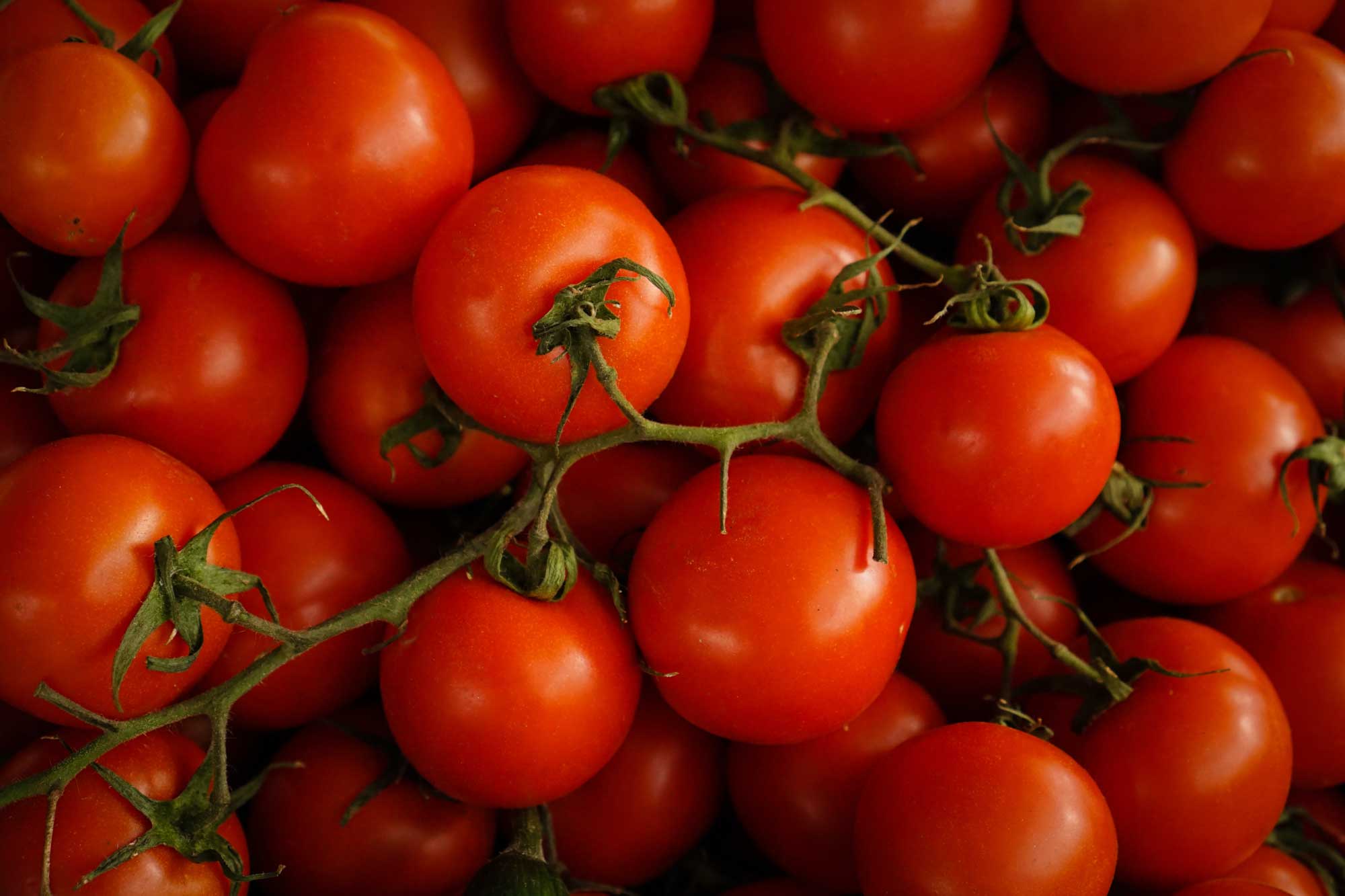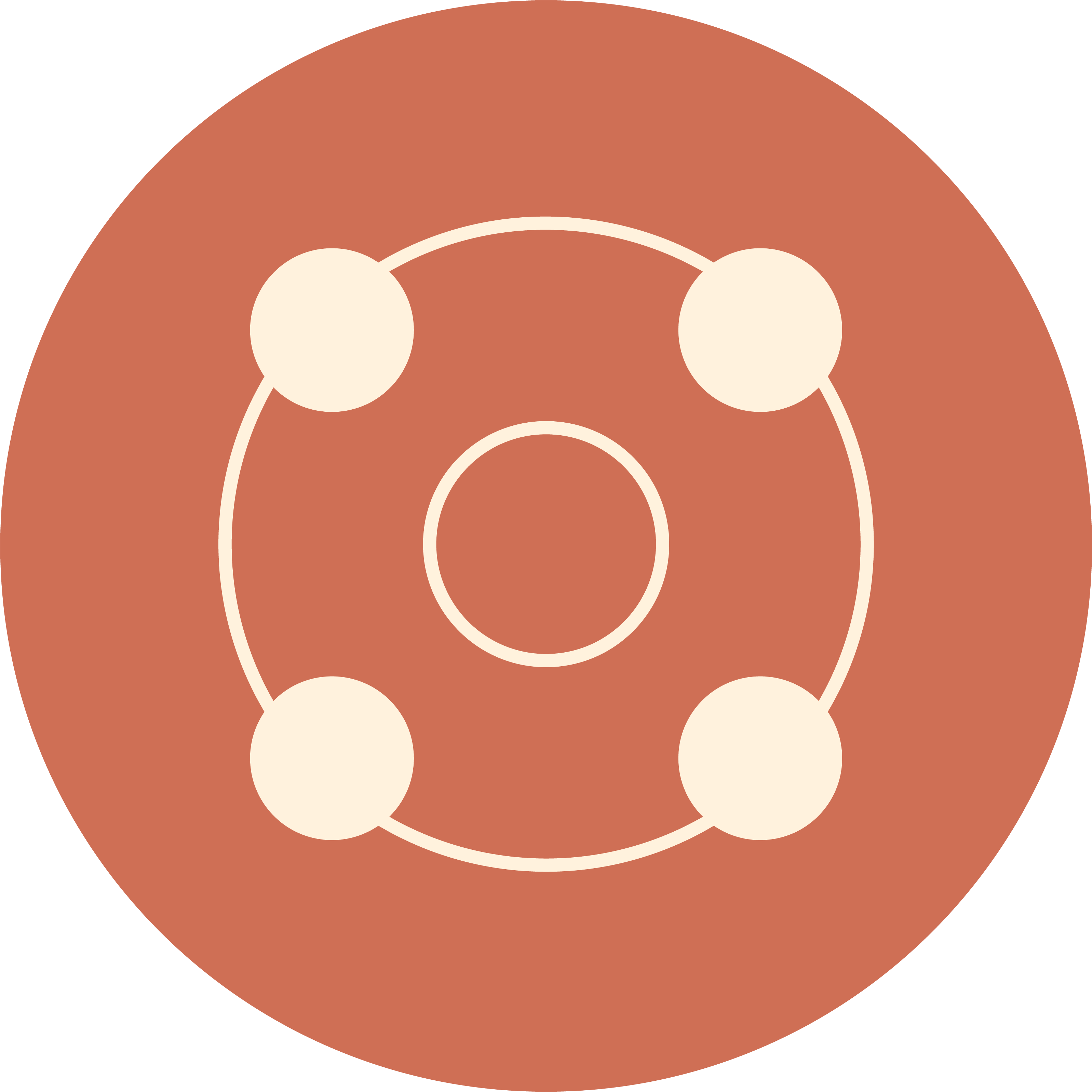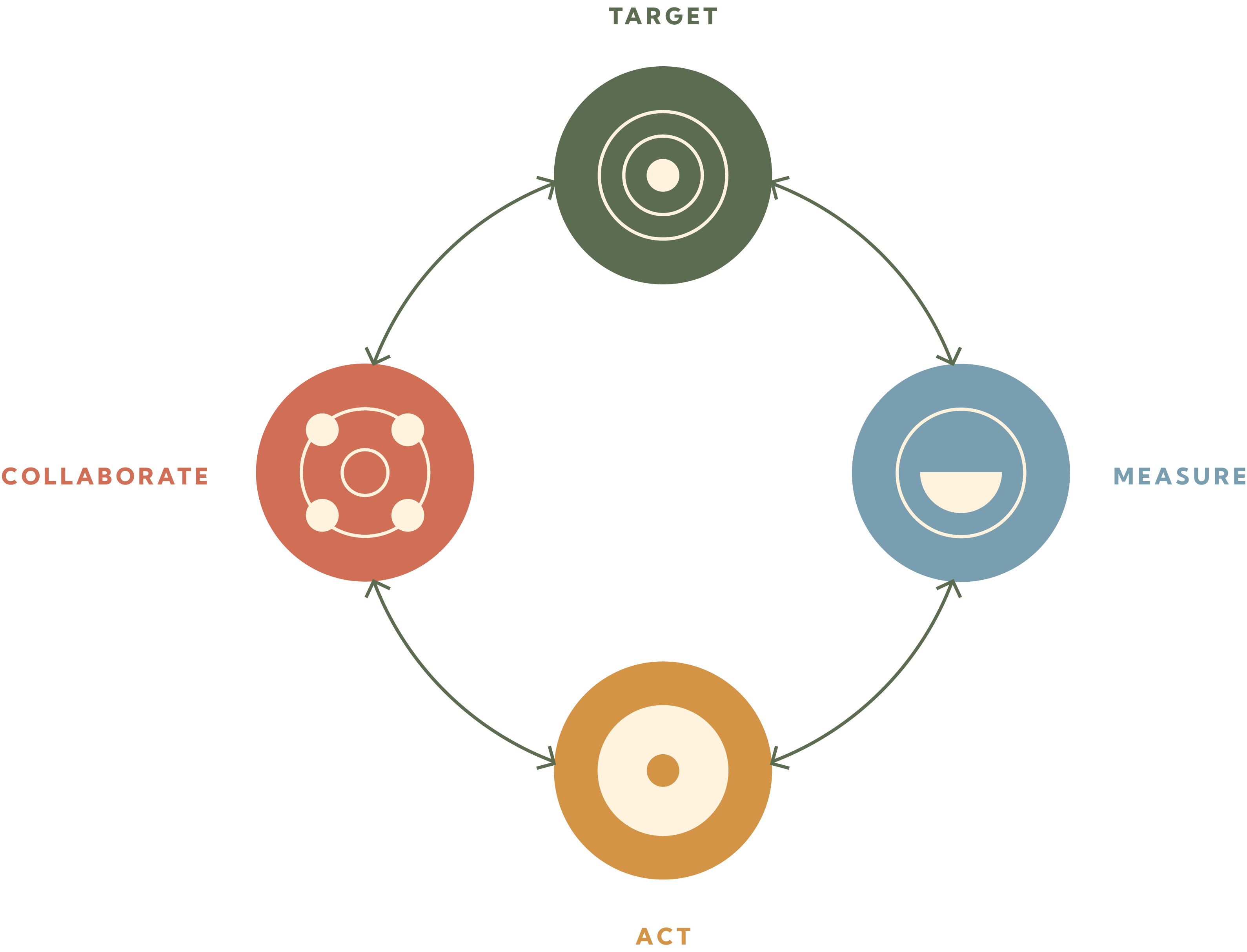About Kai Commitment
Kai Commitment is an agreement between leading food sector businesses designed to reduce food waste and related emissions across Aotearoa New Zealand’s food supply chain.

The framework
The Kai Commitment programme is based on the Target Measure Act framework, which is internationally recognised as a best practice approach for reducing food waste. The framework encourages accountability, data-driven decisions, and meaningful action.
The roadmap
Signatories commit to measure food waste, set a reduction target and design an action plan for reduction. The Kai Commitment phase 1 will run for three years. Your business can join at any time.

The Signatory journey
The Kai Commitment is designed to ease your business into the practice of measuring food waste, analysing the results and setting actions for food waste reduction.
The framework can be paced to suit your business and internal timeframes but generally will involve an annual cycle of setting food waste measurement, reporting and reduction activities and a timetable for delivery and review.
Collaborative action
The Kai Commitment project team will help Signatories to establish the Target, Measure, Act framework within their business. Signatories will also be invited to attend huis to scope and initiate a programme of collaborative activity, receive insights and meet each other.
Annual, anonymised reporting
This will feed into an annualised anonymised report of aggregate food waste that has been measured and report on progress of the programme.






